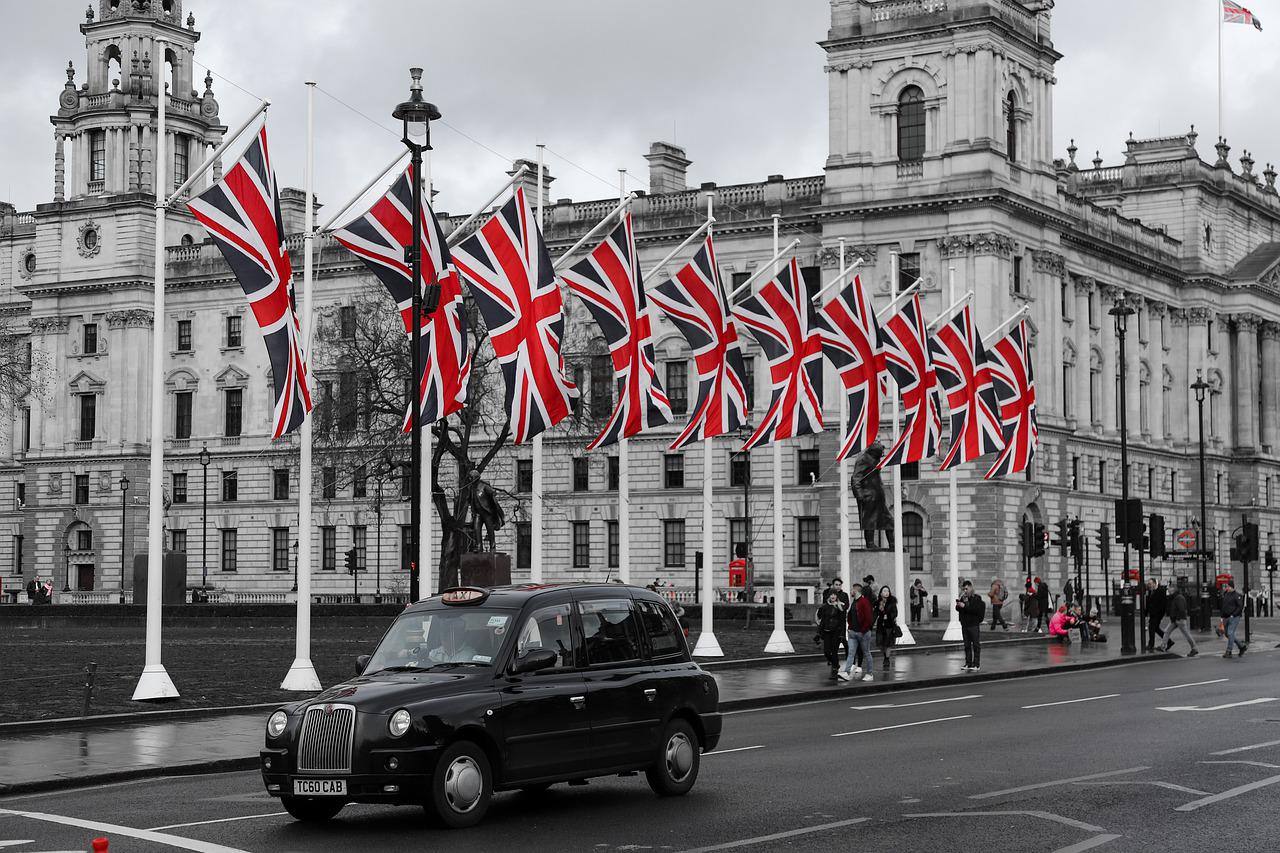
UK Real Wages Fall At Record Rate With Soaring Inflation
On Tuesday, the Office of National Statistics released data showing that real wages in the United Kingdom dropped by 3% annually in the previous quarter.
This reflects the power of the pay of employees after it has been discounted for inflation.
Real value declines
The ONS said that during the April to June quarter, there had been a 4.7% increase in the average pay, not accounting for bonuses.
However, the growth in the cost of living is faster, thereby outpacing growth in wages. The director of economic statistics at ONS, Darren Morgan, shared his opinion about it.
He stated that this had an impact on how far the workers’ wages can go in their day-to-day lives. He said that the real value of wages has continued to decline.
He said that even if bonuses are excluded, it is dropping at a faster rate than seen before since they had begun maintaining records in 2001.
Households in the United Kingdom have come under a great deal of pressure because of higher food and energy bills.
The cost of living crisis is intensifying in the country and the purchasing power of consumers is declining.
Inflation
In June, there was a 9.4% rise in the UK inflation number, which is high in 40 years. The figure is expected to hit 13% in October.
Earlier this month, the Bank of England responded to the surge in prices by hiking its interest rates by 50 basis points.
The rate reached 1.75% and marked the single largest increase by the bank in 27 years. Market analysts said that the main concern of workers, for now, is rising prices and inflation.
They said that skyrocketing prices and change have been the only constants seen this year. Even though the labor market is tight and wage growth has been high, workers have begun to feel the bite.
This is because inflation has become the biggest winner, as it pushed real wages down by 3.0% and job seekers are now prioritizing the cost of living.
Bank of England
The data from the ONS also showed that the unemployment rate remained unchanged at 3.8%, while the same timeframe saw a decline in job vacancies.
According to analysts, the Bank of England (BoE) would focus on the unemployment rate and wage growth in the UK.
The official forecast of the British central bank points to a major increase in the rate of unemployment in the next few years.
However, policymakers would also look for signs that companies are ‘hoarding’ workers, even when their margins are tight.
This is likely because they would be concerned about their rehiring ability down the road. The wage growth momentum is decent for now, but the major concern is whether it can be sustained, or not.
Analysts said that this could mean sharper hikes in the interest rates by the Bank of England (BoE). Currently, there is no data that would stop the BoE from hiking rates by 50 basis points in the next month.




